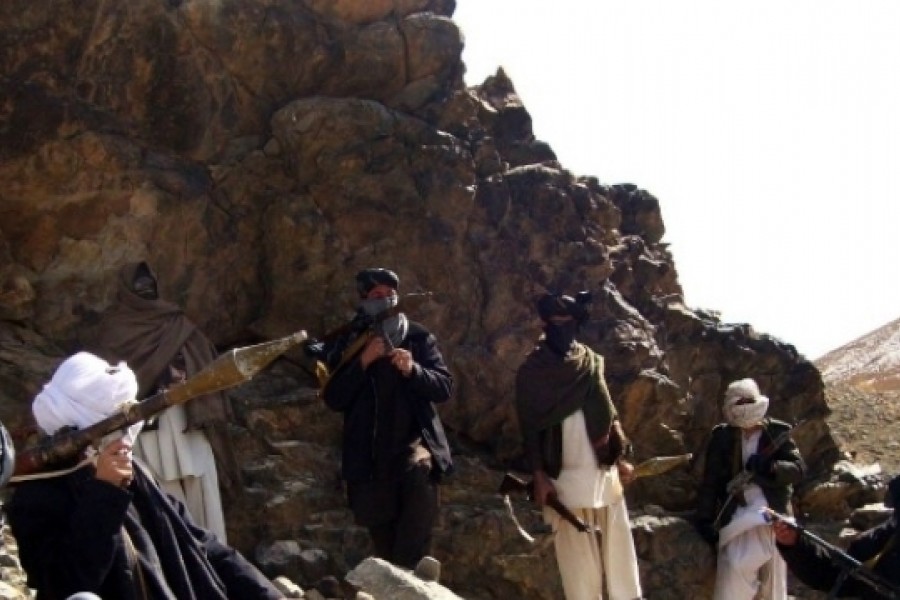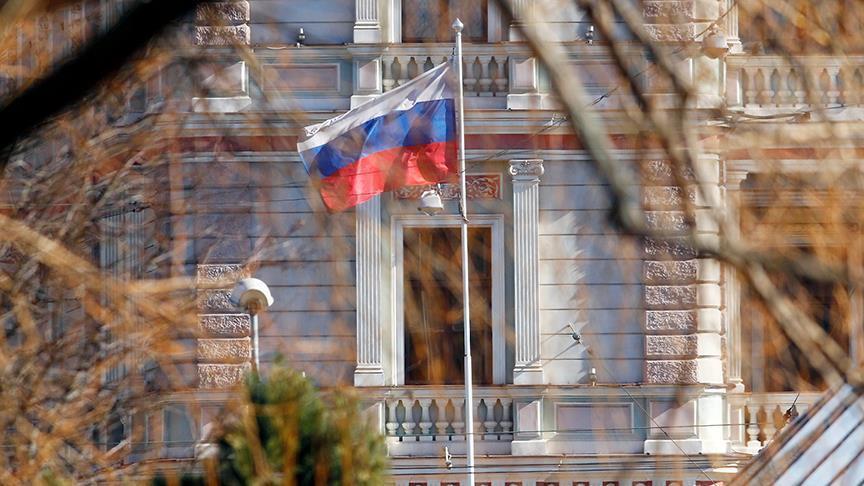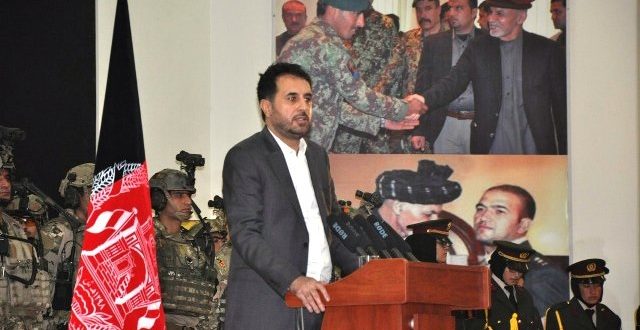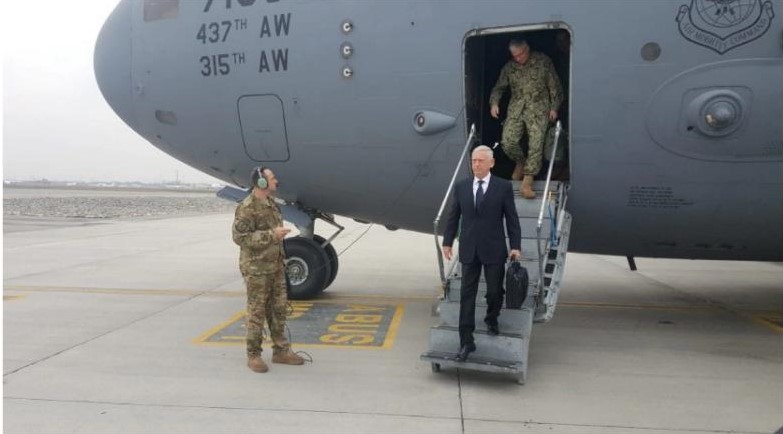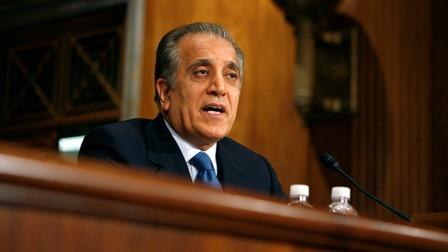The Taliban's muted response to Afghan President Ashraf Ghani's offer of peace talks last month reflects an internal debate over the merits of engaging with a government that the group has long viewed as illegitimate, analysts say.
Publish dateWednesday 14 March 2018 - 14:02
Story Code : 160049
AVA- In the two weeks since Ghani's offer, the Taliban has posted a statement and an unsigned commentary on its Alemarah website, pouring cold water on the plan hailed by US officials as "courageous".
But security experts say the proposal has placed the Taliban, Afghanistan's largest militant group, in a bind.
An outright refusal to talk to Ghani's administration would give Afghan and US forces justification to ramp up air strikes against the militants.
Acceptance, on the other hand, would undermine the group's long-held position that the Afghan government is a puppet of the United States and risk damaging its own credibility among its fighters.
"That won't sit well with many members in the trenches," Borhan Osman, a senior analyst with the International Crisis Group, Said.
The Taliban's silence has provoked repeated calls for a direct response to Ghani's proposal made at an international conference in Kabul on February 28. The Afghan leader also called for a ceasefire after which the Taliban could become a political party.
"It's not an easy decision. If they reject the offer they will give the government the upper hand," an Afghan security source told media.
The unsigned commentary, posted Tuesday, reiterated the Taliban was prepared to negotiate, but only with Washington -- not with Kabul, referring to Ghani's government as the "slave regime" of the "American invaders".
The taunts follow a statement released late last week where the Taliban described the Afghan government as "illegitimate" and its peace process efforts as "deceptive".
That message also called for a boycott of an Islamic scholars' conference in Jakarta set to discuss peace prospects in Afghanistan.
"What the statement is saying is 'we haven't heard enough to come to talks'," a Western diplomat in Kabul told.
A senior figure in the Taliban leadership council -- known as the Quetta Shura -- confirmed the militants were not treating Ghani's peace plan "seriously".
"We have said that we would talk with America. The Afghan government is a puppet government," he told on the condition of anonymity, in apparent reference to the Taliban's earlier call for direct negotiations with the United States.
But not everyone in the Taliban leadership shares that view.
"Some think they should talk, some think they shouldn't talk to the Afghans, and there are some who think they shouldn't talk at all," a Western official in contact with the Taliban told media.
A former Taliban commander in the southern province of Kandahar said some fighters were "really tired" but could not surrender because their families were in Pakistan.
"They will do whatever Pakistan tells them to do because of their families," he said.
Pakistan has long been accused of supporting the Taliban and providing safe haven to its leaders -- charges Islamabad denies.
- No incentive for peace -
More than 16 years into its insurgency, the Taliban appears to have few reasons to discuss peace with Kabul, which has been repeatedly lambasted over its failure to protect ordinary Afghans.
The Taliban has been resurgent since the withdrawal of US-led NATO combat troops at the end of 2014, taking back territory and devastating Afghanistan's beleaguered security forces.
In October, insurgents controlled or influenced nearly half of Afghanistan's districts -- double the percentage in 2015, the US government's office of the Special Inspector General for Afghanistan Reconstruction said in January.
Over the same period, the watchdog said, the number of districts under Afghan government control or influence fell to its lowest level since December 2015.
"So long as the Taliban continues to believe it's winning the war and so long as US troops remain in Afghanistan, I can't see it becoming seriously interested in talks," Michael Kugelman of the Wilson Center in Washington, DC told AFP.
Fierce fighting over the winter, when freezing temperatures and snow usually bring a lull in combat, fuelled speculation the Taliban was feeling the pressure from the US-led aerial bombing campaign.
Air strikes have intensified under President Donald Trump's new strategy announced in August that gave American pilots more leeway to target militants.
"I don't think they feel under huge military pressure," the Western official said. "A number of them probably feel they are doing quite well."
Emily Winterbotham, a senior research fellow at the UK-based Royal United Services Institute for Defence and Security Studies, said the Taliban might change their tune if there was "a real shift in Pakistan support or a real gap in their financing".
But Brigadier General Michael Fenzel, planning director for NATO's mission in Afghanistan, said Tuesday the Taliban's silence was "encouraging".
"Normally whenever there's been an offer... it's been rejected out of hand," he told reporters.
Source : خبرگزاری Afghan Voice Agency(AVA)
avapress.net/vdcjxyevhuqemyz.92fu.html
Tags
Top hits
